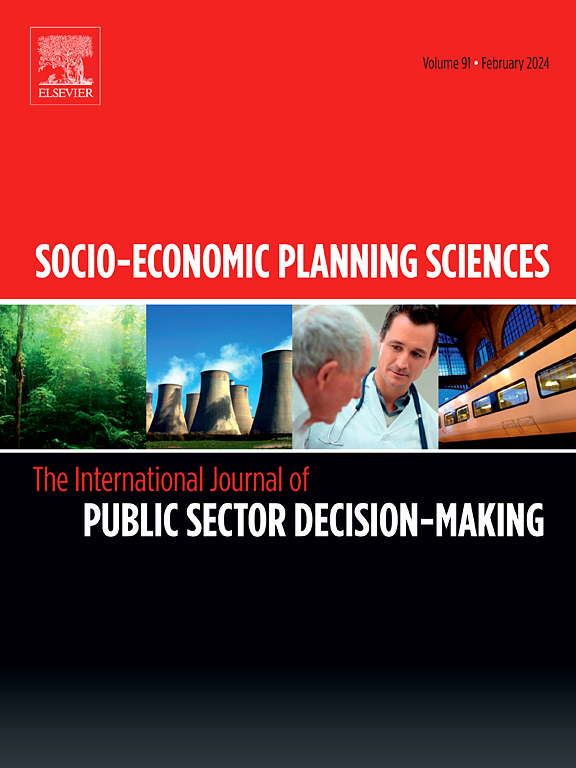儒家文化是否会抑制企业的“漂绿”行为?来自中国的证据
IF 5.4
2区 经济学
Q1 ECONOMICS
引用次数: 0
摘要
随着全球对可持续发展的加速追求获得前所未有的动力,企业“洗绿”行为已成为发展绿色经济的重要制约因素。本文选取a股上市公司数据,研究儒家文化对企业漂绿行为的影响及其机制。本研究发现,儒家文化显著抑制企业漂绿行为。这种文化影响似乎发挥了作用,因为它增加了媒体的审查,并鼓励了机构投资者的ESG行动主义。政府的环境法规放大了这种影响,而公司的创新效率似乎部分抵消了这种影响。我们进一步观察到,在中国东部和中部地区的大型国有企业中,儒家文化对“漂绿”的抑制作用更为显著。然而,越来越多的媒体关注与小公司中越来越多的“漂绿”行为相关。这些发现提供了有价值的见解,因为它们支持以儒家为基础的管理实践的推广,而且它们也支持企业向真正的绿色转型过渡。本文章由计算机程序翻译,如有差异,请以英文原文为准。
Does Confucian culture inhibit corporate greenwashing behavior? Evidence from China
With the accelerating global pursuit of sustainable development gaining unprecedented traction, the practice of corporate greenwashing has become a significant restraining factor on developing the green economy. This article selects data from A-share listed companies to study how Confucian culture affects corporate greenwashing behaviors and the mechanisms. The findings of this study indicate that Confucian culture significantly inhibits corporate greenwashing behaviors. This cultural influence appears to function, as it increases media scrutiny and encourages ESG activism among institutional investors. Government environmental regulations amplify this effect, while a company's innovation efficiency appears to partially counteract it. We further observe that Confucian culture's restraining influence on greenwashing is more significant in larger, state-owned enterprises located in China's eastern and central regions. However, increased media attention is correlated with more greenwashing behaviors among smaller firms. These findings offer valuable insights, as they support the promotion of Confucian-based management practices, and they also back the transition of corporations toward genuinely green transformations.
求助全文
通过发布文献求助,成功后即可免费获取论文全文。
去求助
来源期刊

Socio-economic Planning Sciences
OPERATIONS RESEARCH & MANAGEMENT SCIENCE-
CiteScore
9.40
自引率
13.10%
发文量
294
审稿时长
58 days
期刊介绍:
Studies directed toward the more effective utilization of existing resources, e.g. mathematical programming models of health care delivery systems with relevance to more effective program design; systems analysis of fire outbreaks and its relevance to the location of fire stations; statistical analysis of the efficiency of a developing country economy or industry.
Studies relating to the interaction of various segments of society and technology, e.g. the effects of government health policies on the utilization and design of hospital facilities; the relationship between housing density and the demands on public transportation or other service facilities: patterns and implications of urban development and air or water pollution.
Studies devoted to the anticipations of and response to future needs for social, health and other human services, e.g. the relationship between industrial growth and the development of educational resources in affected areas; investigation of future demands for material and child health resources in a developing country; design of effective recycling in an urban setting.
 求助内容:
求助内容: 应助结果提醒方式:
应助结果提醒方式:


